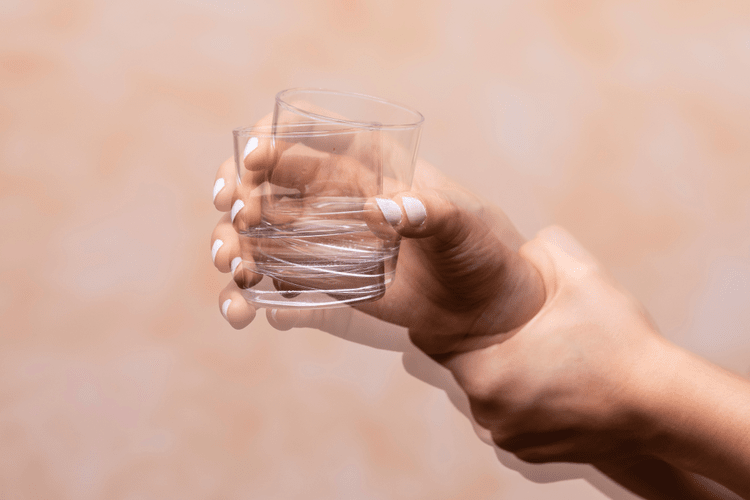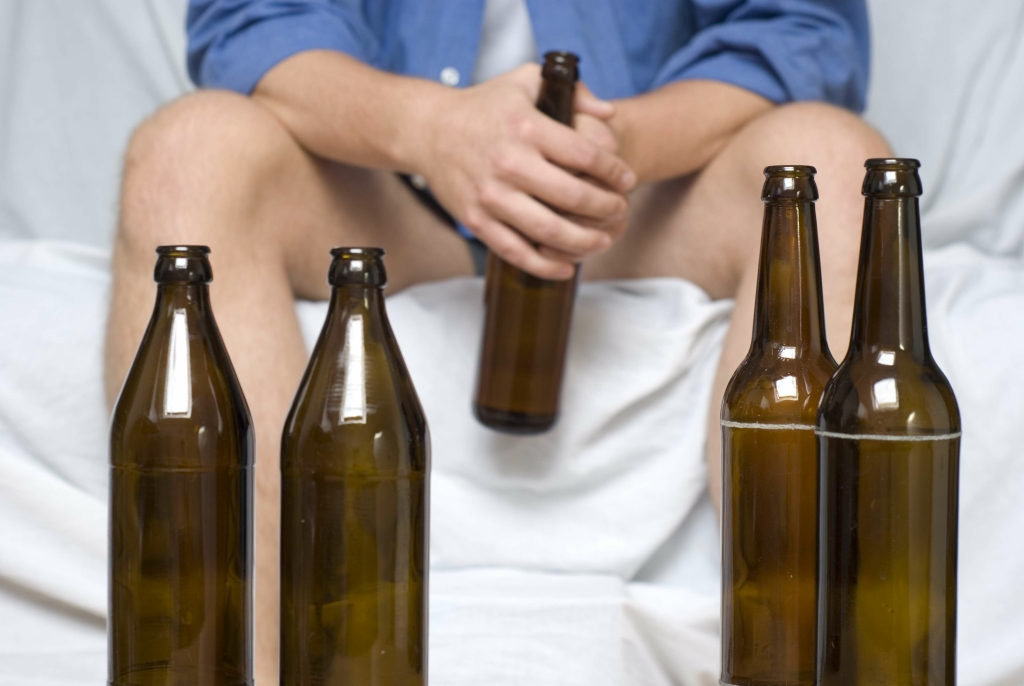Why do I get random bruises after a night of drinking, especially on my legs, eventhough I don’t recall myself falling or bumping into things?
Content
Exceeding the recommended guidelines above is considered heavy drinking. Yet because of this effect, drinking alcohol could potentially increase your risk for the bleeding type of strokes — especially when you drink it in large quantities. Alcohol use — especially in excess — can also pose other risks to your health. Luckily, alcoholics who quit drinking see a reduction in blood pressure.

If you’re in the “at-risk” population, it doesn’t take much to become dependent on alcohol or other drugs. If you have high blood pressure, drinking many days in a row or drinking a lot in https://ecosoberhouse.com/ one setting are both very dangerous and can even be deadly. Elevated blood pressure places extra stress on the heart and increases the chances of heart attack, stroke and heart failure.
Late-stage signs
This gene mutation is more common among people of Chinese, Japanese and Korean descent and owing to the consequences of drinking they are less likely to abuse alcohol. Issues like hepatitis and liver cirrhosis can be dangerous problems that are caused by frequent excessive drinking or alcoholism. Alcoholic hepatitis is when your liver swells and can’t function like it’s supposed to. This can lead to alcoholism and bruising the retention of fluids that cause your hands, feet, and belly to swell. Cirrhosis is caused by years of heavy drinking and involves liver scarring that impedes important functions. Alcohol is avasodilator,which means it stimulates the relaxation and expansion of the blood vessels. This widening of the blood vessels increases blood flow throughout the body, including near the surface of your skin.
You should limit your alcohol intake if you are taking blood thinners. One drink on occasion is not likely to cause problems, but moderate to heavy drinking with anticoagulant medications is dangerous. It increases the risk of bleeding-type strokes as well as blood loss from what would otherwise be a small injury. 1In this article, the terms “chronic alcohol abuse” or “chronic excessive alcohol consumption” refer to the ingestion of 1 pint or more of 80- to 90-proof alcohol (i.e., about 11 drinks) per day. However, alcohol-related hematological problems can occur at much lower consumption levels.
Alcoholic fatty liver disease
Get a list of medicines and products from your health care team that you should avoid taking. You may also be advised to limit or avoid alcohol if your platelet count is low. The life expectancy of a person with alcoholic liver disease reduces dramatically as the condition progresses. If a person experiences changes in the genetic profiles of particular enzymes that are key to alcohol metabolisms, such as ADH, ALDH, and CYP4502E1, they will have a higher chance of developing alcoholic liver disease. Several factors increase the risk of alcoholic liver disease. Cirrhosis occurs when the liver has been inflamed for a long time, leading to scarring and loss of function.

AlcoholicsAnonymous.com is not owned or operated by any treatment facility. AlcoholicsAnonymous.com does not endorse any treatment facility or guarantee the quality of care provided, or the results to be achieved, by any treatment facility.
MedTerms Medical Dictionary
A traditional bruise comes about after your body endures some impact. Running into furniture, falling into a something hard, or being struck by a flying object could all leave you with bruises. Can be very alarming, especially when the bruise appears large and you have no memory of how it got there. However, you do not have to deal with bruises on your skin and causing others to look at you with worry. Excessive bruising that seems to occur for no reason may indicate that the liver is beginning to fail, and medical attention may be needed.
- Steroids such as prednisone and hydrocortisone, which might be prescribed to treat allergies, asthma or eczema, thin out the skin and can lead to easy bruising.
- However, swelling in your feet can also be an indication of some serious medical problems.
- Alcoholism and alcohol abuse are both categorized as alcohol use disorders—affecting people of all ages and stages of life.
- Most bruises aren’t much more than a nuisance, but if it’s very painful, or if you’ve had it for 2 weeks and it doesn’t show signs of getting better, call your doctor.
- The platelets in Lily’s body immediately get to work clotting the blood to stop the bleeding.
Elevating the treated area helps reduce strain on the site, which minimizes the risk of bruising. These are rare, but they can be life-threatening if you don’t treat them.
Do You Bruise Easier When Drunk?
Similarly, alcohol can enhance aspirin-induced fecal blood loss. To prevent such adverse reactions, health care professionals should proactively counsel patients who regularly consume alcohol about the proper choice and safe use of aspirin and other over-the-counter NSAID’s. The exact mechanisms underlying alcohol-related thrombocytopenia remain unknown.
Why do I have bruises after drinking alcohol?
Alcohol can also damage bone marrow, which makes blood cells. This can cause a low platelet count, which may result in bruising and bleeding.
This is because if you develop a yellow skin tone, this is sometimes a sign of jaundice, indicating that heavy alcohol use has already damaged your liver. Instead of covering up a yellow hue, you should always seek medical advice and investigate treatment options to help you give up your habit. Meanwhile, around 7 million people in the US suffer from psoriasis, which usually occurs as raised, red scaly areas on the face, scalp, elbows, palms, back, knees and soles. With alcohol skin rash in psoriasis is usually worse in men who drink heavily and this can reduce the effectiveness of treatment. Due to the link between alcohol and psoriasis, as you might expect the skin condition is more common among alcoholics and achieving abstinence can reduce the severity of symptoms.
